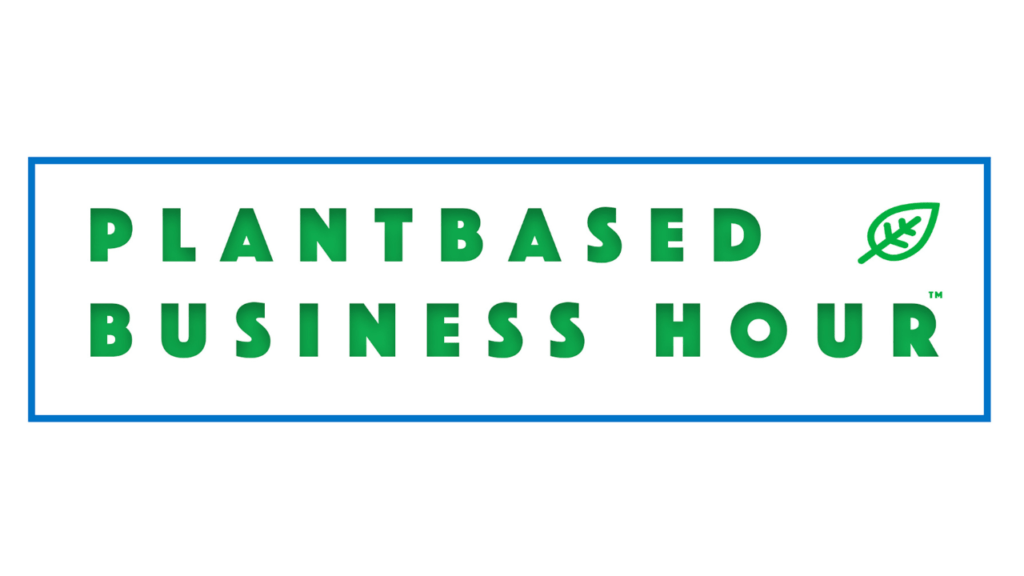
Maha Tahiri, Founder of Nutrition Sustainability Strategies, joins me today on The Plantbased Business Hour with Elysabeth Alfano to discuss sustainability and health goals for corporations and brands and what the years ahead will be for clean, short, healthy labels and ingredients.
Specifically, we discussed
- Are people registering Planetary Health along with Personal Health?
2. Where do you see the idea of personalized health going?
3. What kind for growth/push/expansion of food as medicine will we see and how will it become apparent?
4. Is there anticipated growth in the prebiotics, probiotics, fungal, microbial, fermented foods category?
5. What is needed to best make the healthy foods sector grow?
Below is a short transcript of our long-form conversation.
Elysabeth: I think with 2030 coming and 2050 coming and pressure from the SEC to have disclosures about emissions throughout the supply chain- that’s Scope 1, 2 and 3 at all levels of the supply chain- I think there’s pressure from brands on all sides.
Dr. Maha Tahiri: I’m specifically talking about the plant-based category because that is the category that I really, really care a lot about. The reason why I left the industry is to work on more sustainable solutions and that goes from plant-based to precision fermentation to cell agriculture to all of these products that come from technologies. I really, really care about the fact that they’re successful and the fact that they are also successful in the way that they are messaging their brands. The way that they are bringing science and the way that they are talking about their safety and the way that we’re talking about the value proposition.
A lot of the time we’re talking about just the technology. We should never be doing that. We should actually be talking about everything that goes with it. For example, when a company that is using precision fermentation or biomass fermentation, they should be talking about where they get the inputs, the farmers that do the work, how many farmers there are, the communities that they’re helping, where they build their factories or the factories where their product is fermented. All of that is part of it.
It sounds like sometimes when we’re making products that come from new technologies it’s less human than agriculture. It’s not necessarily that.
Elysabeth: I think you’re really going to see that. GFI, for the brands on this show who are listening, has done some instructional reporting on how to do your own life cycle analysis and get that done for each brand. What Maha was referring to is the University of Michigan life cycle analysis for Beyond Meat which means they used 99% less water, 93% less land, produced 90% fewer greenhouse gas emissions and used 46% less energy. How I know that off the top of my head, please don’t ask, but I do because I have reported it so many times.
So, I think you’re going to see more brands dive into doing a life cycle analysis and the sourcing along the supply chain along with the lives their products touch along the supply chain as they do ESG messaging for the planet, as well as for people’s health.
New episodes are out every week. Never miss the Plantbased Business Hour or Minute. Subscribe on iTunes and Youtube, and sign up for the newsletter. Follow Elysabeth on Linkedin. For information on Plant Powered Consulting, click here.



